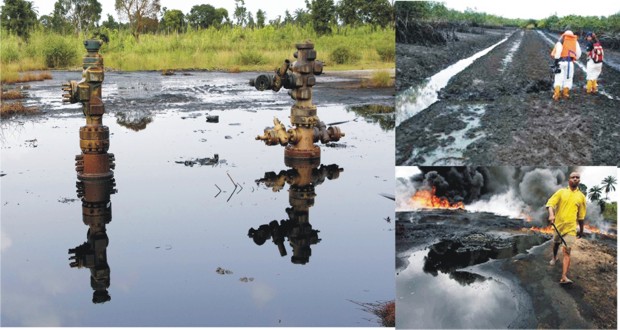Ogoni leaders have expressed disappointment over the inability of some stakeholders to contribute their own part of the $1 billion cleanup deal, a situation, which they say is also delaying the full kick-off of the exercise.
They said that it was not enough to present an Ogoni son at the front as the project co-ordinator of Hydrocarbon Pollution Remediation Project (HYPREP), but insisted that speedy implementation of the United Nations Environment Programme (UNEP) report remains the only solution to their worries.
The leaders barred their minds at the weekend in Ogoni during a consultative meeting with HYPREP.
The leaders regretted the slow pace of the cleanup, which they said, is not going down well with the affected communities.
A Senior Advocate of Nigeria (SAN), Mr. Barinua Wifa, said the essence of the meeting was to listen to the overview of the cleanup from the project coordinator and know what role to play as Ogoni leaders.
He said it is legitimate for people to show concern about the issues affecting them and their environment but stated that it is wrong to play politics with issues that affect the people.
He, therefore, called on the Federal Government to be sincere and provide adequate fund for the project implementation in Ogoniland, stressing that Ogoni leaders are backing their kinsman, the project co-ordinator, Dr. Marvin Dekil.
The Ogoni leaders, however, insisted that the project co-ordinator must always open up and feed them with appropriate information to enable them pressurise the government, board of directors and all others who are responsible to fast-tract the project.
Also, the member representing Tai Constituency in Rivers State House of Assembly, Dike Matthew, said their decision to task HYPREP to take urgent step in providing water to the affected communities was based on the recommendations by UNEP report, which says that water sources in the area are contaminated.
On his part, the project co-ordinator of HYPREP, Dekil said a lot had been done to ensure a successful remediation and restoration of the people’s livelihood.

